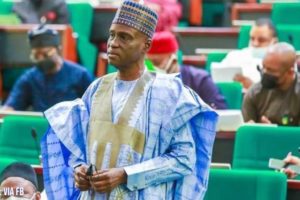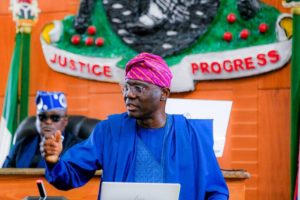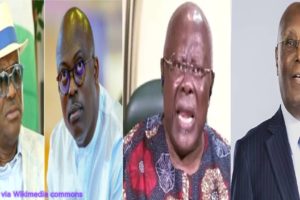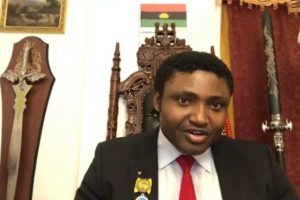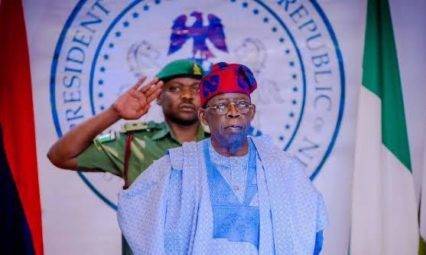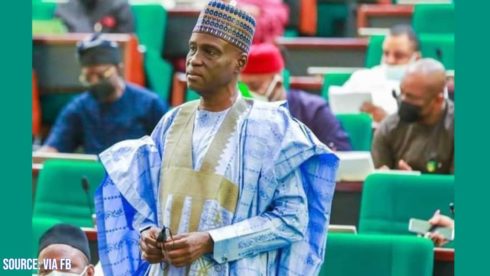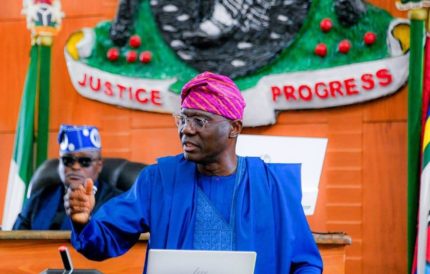President Tinubu has instructed the Central Bank of Nigeria (CBN) to postpone the introduction of the cybersecurity levy. According to sources, the President expressed sensitivity towards the concerns of Nigerians, stating that he does not want to proceed with implementing a policy that adds to the burden of the people. The decision comes as a response to public outcry against the levy, which was set to be introduced as part of efforts to enhance cybersecurity measures in the country.
The President Tinubu directive to the CBN highlights his commitment to addressing the needs and concerns of the Nigerian populace. By ordering a review of the cybersecurity levy, President Tinubu aims to ensure that government policies align with the interests and well-being of the citizens. This move reflects a responsive and proactive approach to governance, where the leadership prioritizes public feedback and adjusts policies accordingly.
Contextual Background and Legal Framework
The cybersecurity levy, which has stirred controversy in recent weeks, was originally enacted in 2015 under the administration of former President Goodluck Jonathan. However, its implementation was delayed until now. President Tinubu’s administration inherited this policy, but the recent directive to postpone its introduction demonstrates a willingness to reassess and potentially revise existing laws and regulations.
The decision to review the cybersecurity levy underscores the complexity of governance and the need for continuous evaluation of policies to ensure their relevance and effectiveness. President Tinubu’s acknowledgment of the law’s pre-existing nature and his commitment to conducting a thorough review reflect a conscientious approach to policymaking that takes into account both historical context and present-day realities.
Public Response and Presidential Intentions
The postponement of the cybersecurity levy has been met with mixed reactions from the public. While some commend President Tinubu for heeding the concerns of Nigerians and taking steps to alleviate their financial burdens, others remain skeptical about the long-term implications of the decision. However, the President’s spokesperson emphasized that President Tinubu’s intention is not to impose additional taxes on Nigerians but rather to ensure that government policies are fair and equitable.
Moving forward, the review of the cybersecurity levy will involve consultations with relevant stakeholders, including cybersecurity experts, financial institutions, and the general public. President Tinubu’s administration is committed to fostering transparency and inclusivity in the policymaking process, thereby promoting trust and confidence in government initiatives. As the review progresses, Nigerians will be closely monitoring developments, eager to see how the government addresses their concerns and prioritizes their interests.
President Tinubu Commitment to Cybersecurity Act Amid Controversy
Amidst ongoing debates over federal budget allocation, the Cybersecurity Act stands at the forefront of contention. With the government’s focus torn between various sectors, the critical question remains: Will funding be secured to bolster the nation’s cyber defenses? Advocates emphasize the urgency of protecting digital infrastructure against ever-evolving threats, stressing the potential catastrophic consequences of inaction. Yet, amidst these calls for prioritization, concerns arise regarding the financial strain it may impose on other essential areas, particularly those supporting marginalized communities.
As stakeholders navigate this complex landscape, the fate of the Cybersecurity Act hangs in the balance, awaiting decisive action from policymakers. The looming decision encapsulates broader societal tensions, weighing national security imperatives against social welfare needs. In this delicate balancing act, the ultimate resolution holds profound implications for the nation’s resilience in the face of cyber threats.
President Tinubu Dedication to Public Input
Controversy swirls around the President Tinubu unwavering commitment to public consultation, despite mounting challenges. In a political climate marked by polarization, her steadfast dedication to hearing diverse voices remains a beacon of hope for participatory democracy. The latest policy initiative underscores her pledge to prioritize the needs of all citizens, regardless of socioeconomic status or political affiliation.
While critics question the feasibility of accommodating myriad viewpoints, the President Tinubu stands resolute in her conviction that inclusive governance is non-negotiable. By fostering an environment where every voice is heard, she seeks to bridge divides and forge consensus in pursuit of the common good. As the nation grapples with pressing issues, her emphasis on listening to the masses serves as a reminder of the transformative power of democratic engagement.
Through strategic communication and transparent decision-making, the President Tinubu aims to navigate turbulent waters with integrity and empathy. In a world fraught with uncertainty, her commitment to responsive leadership offers a glimmer of hope for a brighter, more inclusive future.
Table of Contents
Discover more from OGM News NG
Subscribe to get the latest posts sent to your email.

